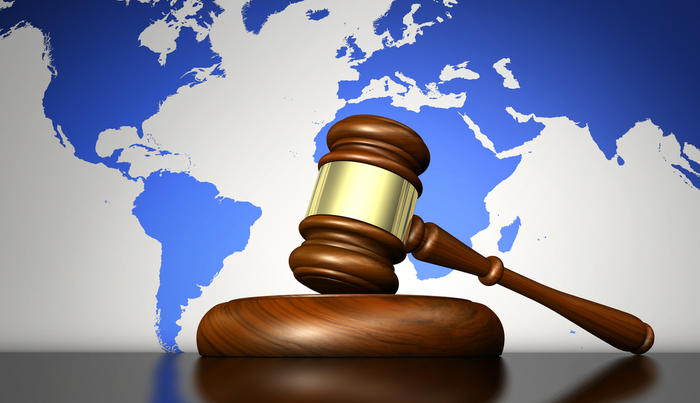International law is the set of rules that govern relations between states and other international actors. It is a complex and constantly evolving field, but it plays a vital role in promoting peace, stability, and cooperation around the world.
Sources of International Law
- Treaties: Treaties are agreements between https://yesouisispace.com/ two or more states that are binding on the parties involved. Treaties can cover a wide range of topics, such as trade, security, and human rights.
- Customary international law: Customary international law is based on the long-standing practices of states. For example, the principle of state sovereignty, which holds that each state is supreme within its own territory, is a rule of customary international law.
- General principles of law: General principles of law are common principles of law that can be found in the domestic legal systems of many states. For example, the principle that everyone is innocent until proven guilty is a general principle of law that is also recognized in international law.
- Judicial decisions: The decisions of international courts and tribunals can also help to develop international law. For example, the International Court of Justice has issued rulings on a wide range of international law issues, including the definition of genocide and the legality of the use of force.
Subjects of International Law
The subjects of international law are the entities that can have rights and obligations under international law. The primary subjects of international law are states. However, other entities, such as international organizations and individuals, can also be subjects of international law in certain circumstances.
Branches of International Law
International law can be divided into a number of different branches, including:
- Public international law: Public international law governs the relations between states and other international actors. This includes areas such as diplomacy, trade, and security.
- Private international law: Private international law governs the relationships between individuals and businesses in different countries. This includes areas such as contracts, family law, and conflict of laws.
- Humanitarian law: Humanitarian law, also known as the law of armed conflict, governs the conduct of warfare. This includes areas such as the protection of civilians and the treatment of prisoners of war.
- International criminal law: International criminal law defines and punishes the most serious crimes of international concern, such as genocide, war crimes, and crimes against humanity.
Enforcement of International Law
International law is a self-enforcing system. This means that there is no central authority that can enforce international law. Instead, states are responsible for enforcing international law on their own territory and in relation to their own nationals.
Conclusion
International law is a complex and constantly evolving field, but it plays a vital role in promoting peace, stability, and cooperation around the world. By understanding the basic principles of international law, we can better understand the challenges and opportunities facing the international community today.

